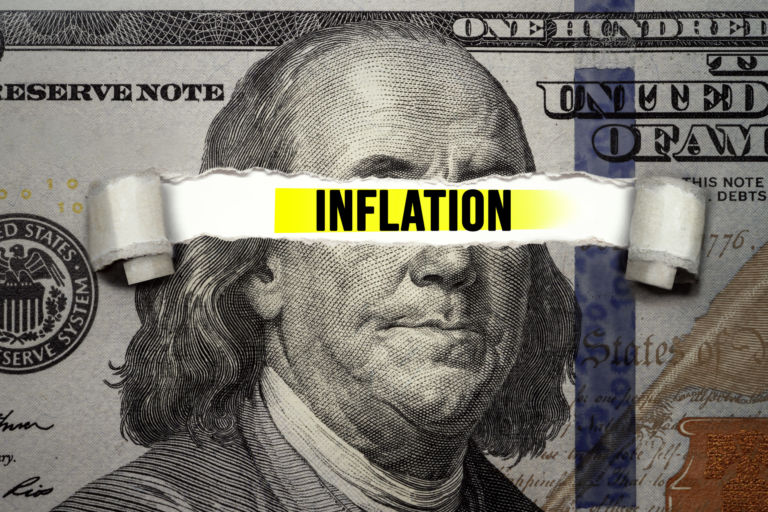National Review Online highlights a letter from more than 40 economics experts. It raises concerns about an apparent change in the Federal Reserve’s role.
The Fed is among the nation’s most important institutions. Its monetary and regulatory mandates are essential for economic stability. However, based on recent activity, the Fed is in danger of exceeding these mandates. Unless it changes course, the Fed will impede its own effectiveness.
The coronavirus pandemic put enormous strains on the U.S. economy. An aggressive response by the Fed was entirely appropriate. But its direct credit allocation and growing interventions in non-economic-policy areas have no basis in central-banking best practices. These activities are the rightful domain of Congress, not the Fed.
Worryingly, the Fed’s behavior renders it increasingly sensitive to political interference. Partisan agendas have no place in determining the Fed’s policies. Yet this is precisely what the Fed’s current operations invite. We are beginning to see the signs of a politicized Fed, as it delves into areas such as environmental and social policy. These diversions weaken the Fed’s credibility and undermine its independence.
This is not a partisan issue. Our objections would be equally strong if the Fed involved itself in industrial policy or national security. All Americans benefit from a central bank devoted to effective monetary and regulatory policy. The Fed should refocus on its core missions.
Among the letter’s signatories are former Carolina Journal interview subjects Peter Boettke, Richard Vedder, and Robert Whaples.
Those concerned about the Fed might appreciate a 2013 assessment from Gene Epstein of Barron’s. He believed the Fed was “too big for its britches.”
“Abstract economic modeling and the endless regressions of econometricians will be of little help,” Volcker declared in a speech on May 29 at the Economic Club of New York. “The new approach of ‘behavioral’ economics itself is recognition of the limitations of mathematical approaches, but that new ‘science’ is in its infancy.” The Bernanke Fed has clearly fallen into both traps, wonkishly claiming the ability to apply mathematical models to fine-tuning the economy, while also presuming to practice the art of behavioral economics.


